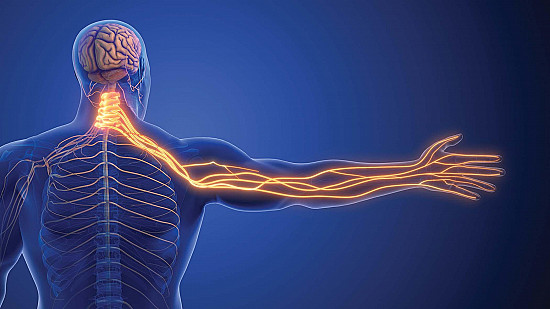
What are somatic workouts?

How to curb your stress eating

How to spot Parkinson’s disease symptoms

8 simple ways to reduce ultra-processed foods in your diet

Heart failure symptoms in women: How they’re different

GERD diet: Foods to avoid to reduce acid reflux

Strong is the new skinny

Everyday habits that sneakily weaken your bones

Don’t wait to get help for back pain

Correcting how you walk may ease osteoarthritis knee pain
Medications that can cause urinary incontinence

Urinary incontinence, or the loss of bladder control, can be caused by various health conditions and physical changes, such as childbirth, changes in diet, infection, prostate issues, menopause, and neurological disorders. But there are also a number of medications can cause urinary incontinence in both men and women in a variety of different ways.
|
Medication |
Effect |
Symptoms |
|
Diuretics such as hydrochlorothiazide (Esidrix, Hydrodiuril, Oretic), furosemide (Lasix), bumetanide (Bumex), triamterene with hydrochlorothiazide (Maxzide) |
Increase urine production by the kidney |
Frequent urination, overactive bladder, stress incontinence |
|
Muscle relaxants and sedatives such as diazepam (Valium), chlordiazepoxide (Librium), lorazepam (Ativan) |
Cause sedation or drowsiness; relax the urethra |
Frequent urination, stress incontinence, lack of concern or desire to use the toilet |
|
Narcotics such as oxycodone (Percocet), meperidine (Demerol), morphine |
Cause sedation or drowsiness; relax the bladder, causing it to retain urine |
Lack of concern or desire to use the toilet, difficulty in starting urinary stream, straining to void, voiding with a weak stream, leaking between urinations, frequency incontinence |
|
Antihistamines such as diphenhydramine (Benadryl) and chlorpheniramine (Chlor-Trimeton) |
Relax the bladder, causing it to retain urine |
Overflow incontinence |
|
Alpha-adrenergic antagonists such as terazosin (Hytrin), doxazosin (Cardura) |
Relax the muscle at the outlet of the bladder |
Leaking when coughing, sneezing, laughing, exercising, etc. |
From Better Bladder and Bowel Control, Harvard Health Publishing
Image: Thinkstock
Disclaimer:
As a service to our readers, Harvard Health Publishing provides access to our library of archived content. Please note the date of last review or update on all articles.
No content on this site, regardless of date, should ever be used as a substitute for direct medical advice from your doctor or other qualified clinician.

What are somatic workouts?

How to curb your stress eating

How to spot Parkinson’s disease symptoms

8 simple ways to reduce ultra-processed foods in your diet

Heart failure symptoms in women: How they’re different

GERD diet: Foods to avoid to reduce acid reflux

Strong is the new skinny

Everyday habits that sneakily weaken your bones

Don’t wait to get help for back pain

Correcting how you walk may ease osteoarthritis knee pain
Free Healthbeat Signup
Get the latest in health news delivered to your inbox!
Sign Up




